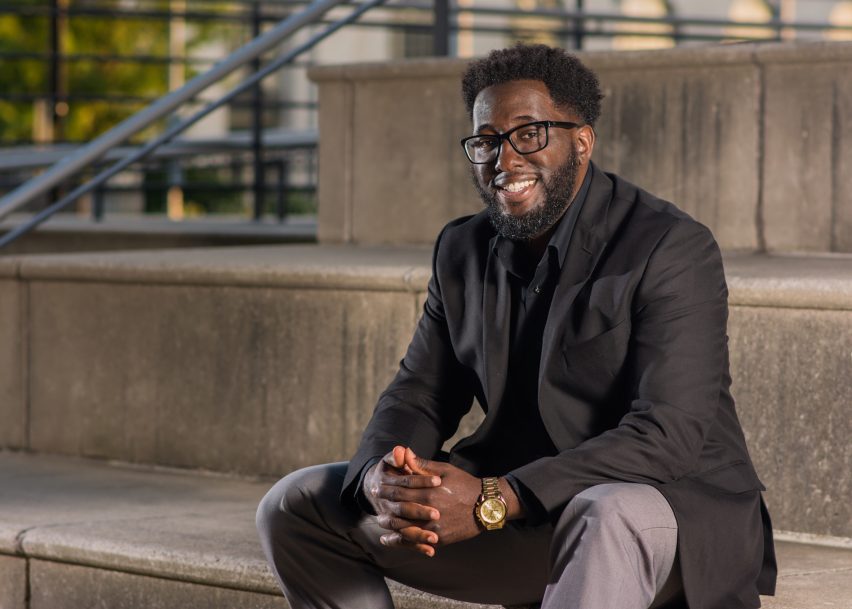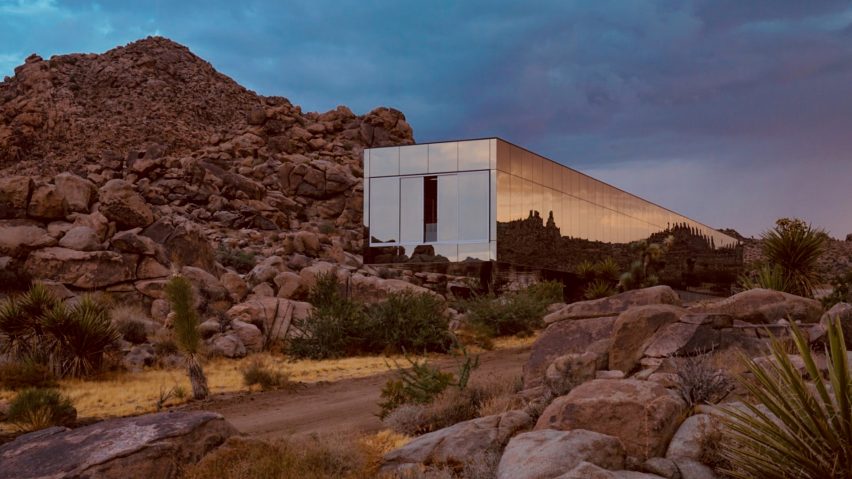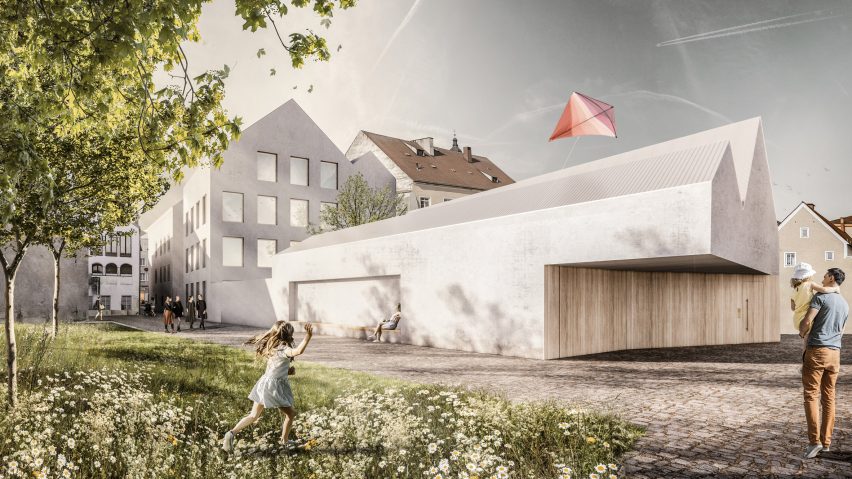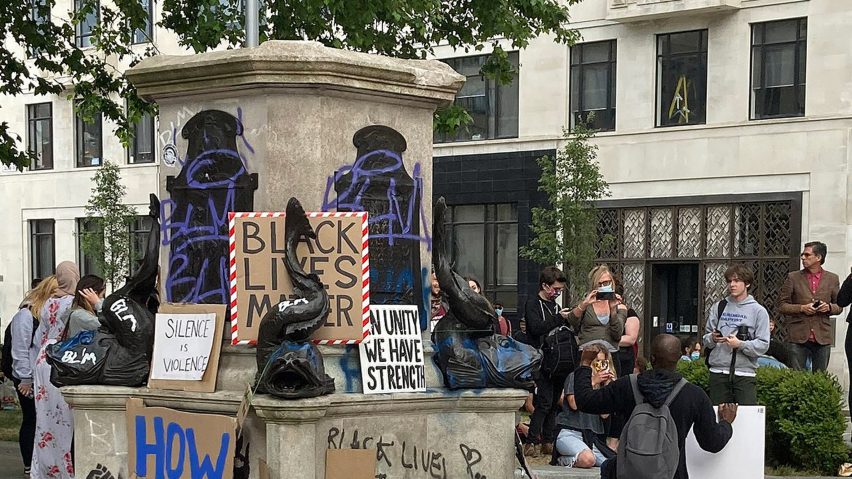
"Architects aren't going to change it all but they can certainly help" say commenters
Readers are debating Michael Ford's statement that architects who want to really impact the fight for racial equality should stop designing jails and prisons, and sharing their thoughts on other top stories in this week's comments update.
Ford, an architectural designer, believes that these buildings particularly represent an unjust system in America, where African Americans are incarcerated at over five times the rate of white people, according to the National Association for the Advancement of Colored People.
"If architecture is honestly concerned with the health, safety, and welfare of the public, we can not agree to have our professionals designing prisons!" Ford told Dezeen, adding that designing buildings for confinement conflicts with an architect's role to protect people.
"Don't identify a problem without offering a potential solution"
But Dezeen commenters are divided. "Don't identify a problem without offering a potential solution," said Danillo, on one hand. "If architects step away from designing institutional projects like prisons, then bureaucrats will design prisons. Is that what you really want?"
Vaafoulay continued: "I think it’s ludicrous. No matter the preexisting social conditions, prisons still form part of our built environment and still do hold potential as spaces for rehabilitation. Instead we should encourage architects to see how they can use their knowledge to make these spaces more humane."
"I absolutely am with Mr. Ford on this issue!" offered Puzzello in contrast. "The AIA's ethics code contains aspirational language that broadly states, 'Members should uphold human rights in all their professional endeavours.' Designing death chambers and spaces for solitary confinement goes directly against this code of ethics point."
"Thanks to Mr Ford for his work – this is brave and important work," concluded LBakes. "We get to change whatever we want to in our society, it is ours to change. Architects aren't going to change it all single-handedly, but we can certainly help."
Do you agree with Michael Ford? Join the discussion ›

The Invisible House is "criminal" according to commenters
A mirrored house designed to look like a New York skyscraper on its side has been built near Joshua Tree National Park in California. Readers aren't convinced by the choice of materials nor its indoor swimming pool though.
"Am I the only one who feels that a swimming pool in the desert is a crime?" asked Sim.
Geof Bob had other concerns: "The purpose of the mirrored exterior totally escapes me. If it's simply to reflect the landscape, then why not turn round to see it for real? There is also, of course, the fraught issue of bird strikes."
"Joshua Tree supports dozens of year-round birds including birds of prey who will absolutely fall victim to the glass exterior," added James. "I happen to love the mirrored reflection of the landscape on the glass, but the ignorance and lack of consideration for birds greatly outweighs that architectural aspect."
Are readers being harsh? Join the discussion ›

"A public library would have been a more appropriate adaptive reuse" of Adolf Hitler's birthplace, thinks one reader
Braunau am Inn in Austria, where Adolf Hitler was born, is being converted into a police headquarters by Marte.Marte Architects. But not everyone thinks it's the best use of the space.
"How in heaven's name is converting the building into a police HQ the 'antithesis of everything Hitler stood for?" asked Geof Bob. "Almost any other municipal building – social or children's services for example – but not a police station."
"A public library would have been a more appropriate adaptive reuse," suggested JZ.
"In this exceptional case, it would be better demolished," concluded LS Loan. "If one thinks a monument is needed, let it be a small stone in the pavement that says who lived there once-upon-a-time. The stone should be too small for a gathered group to see."
What do you think should happen to Hitler's place of birth? Join the discussion ›

"Perhaps all statues of historical figures should be removed" agrees one reader after the removal of slave-trader Edward Colston's statue
Dezeen's editor Tom Ravenscroft divided readers by saying that the removal of slave-trader Edward Colston's statue provides the opportunity to acknowledge the city of Bristol's history with a more appropriate memorial.
"'Perhaps all statues of historical figures should be removed.' So true," said Bras Cubas.
Le Canal Hertzien disagreed: "It's not by removing remains of history that you change history. It would have been better to leave the statue with a sign explaining what this guy had done and putting it in perspective."
"It is one thing to erect a work of sculptural art in the public square, because it is beautiful and edifying," replied Robert Becker. "It is quite another to erect one because it expresses a political ideology that is obnoxious to many who occupy the square. Art should not be weaponised to further an inhumane agenda."
Should statues of all historical figures be removed? Join the discussion ›
Read more Dezeen comments
Dezeen is the world's most commented architecture and design magazine, receiving thousands of comments each month from readers. Keep up to date on the latest discussions on our comments page.